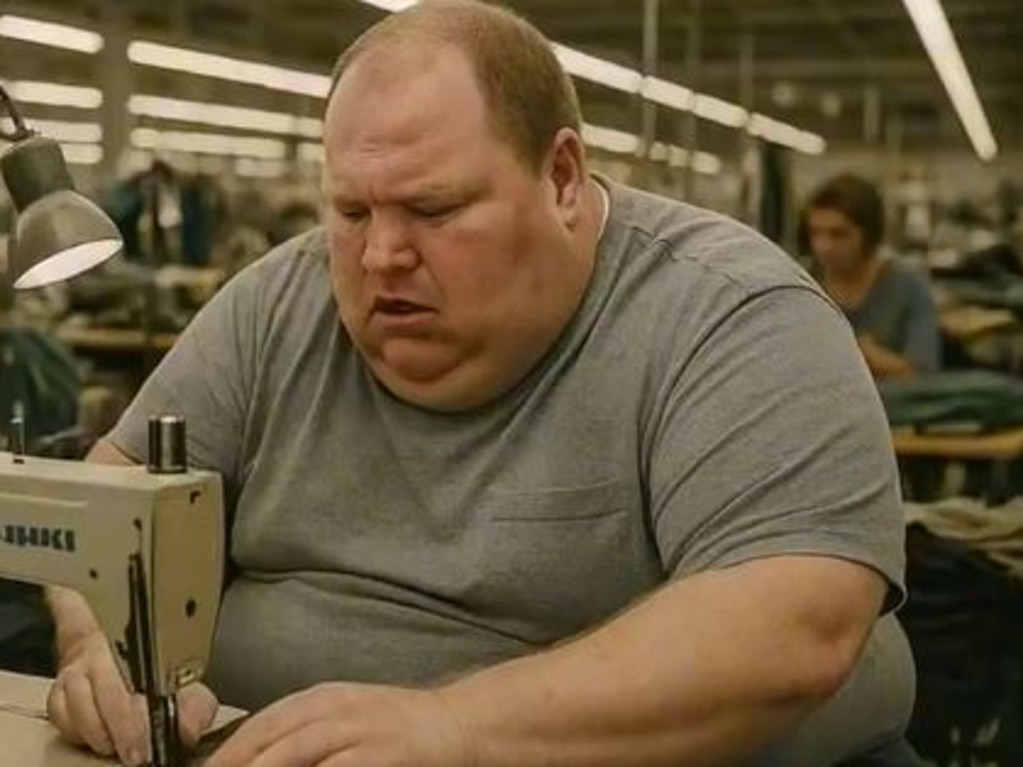What happened to the concept of work smarter, not harder? 'Smarter' in America's case is get rid of all the unnecessary rules, regulations, lawsuits, etc and to depend on common sense instead. Also "Made in America" also has the advantage of cheaper shipping and transportation costs and less environmental pollution. Consumer also need to get rid of the notion of cheap disposable products. Our landfills are already full of Chinese junk. America needs to make products that last. The need to be serviceable and repairable. We all need to go retro. We'll be happier and more satisfied for doing it.
I gave this comment a like because of the last part about raising the quality of products. I hesitated to issue that 'like' because the post has some issues I'll address.
Consumers are not giving up on cheap disposable/short lifespan products just because it's smarter in the long run and somebody says they should. The only way to go back to American some social norms that don't exist any more is through government regulation.
Products of the 50's and 60's were serviceable and repairable because they were built from individual components and supply chains existed to make those components available. Places like Radio Shack had all the tubes, knobs, fuses, relays and potentiometers needed to make an old radio or alarm clock work again.
Now, those individual components are incorporated into a mass produced purpose-built single chip (integrated circuit) intended for one product only. The product is assembled largely by machines and often snapped together permanently. If the case is pried open, it is destroyed. The case and peripheral components are worth so little that it is cheaper to simply replace the entire assembly than it is to try to replace the chip. Mass production makes the chip cheap. Handling, shipping, stocking and marketing individual chips for single-use products would make the chips cost more than the entire product. It doesn't matter whether this process takes place in the USA or overseas, the effect of volume discount is what makes it impossible to produce many products that are field repairable for a net savings to the consumer by improving quality. Also, the quick turn time of getting new products to market furnishes society with a constantly improving latest greatest product feature availability.
Some products might lend themselves to higher quality, but many will not. Furniture might be a possibility. Good hard wood furniture lasts longer than a lifetime. We import a lot of crap furniture made of particle. Particle is heavy, so the transportation costs are higher per unit. That might be a more practical product to consider for higher quality domestic production, but again; it won't happen without government regulation. American producers are simply going to use crap particle to make great looking furniture that has a relatively short lifespan.
The lowest priced RVs are full of crap particle, but they are made in the USA. If producers were regulated to use only high quality hardwoods, then the prices of RVs would triple. There would be fewer sales, fewer RV dealers, and fewer people employed in the RV industry. Enjoying the outdoor life of easy travel with one's own little unit would become something only richer people would be able to afford to do.
Just a couple of examples of why simply saying consumers need to do something won't work without government regulation, and why modern systems engineering makes going back to many easily repairable products uneconomical.
One way to try to approach that might be to change the tax structure. Instead of taxing income, perhaps we should consider ending income taxes and increasing taxing sales instead, greatly, including sales of stock. By generating revenue through taxing sales, the rich could be taxed more on their stock trades, potentially generating great revenue. Particularly if it was a graduated taxing system so small stock trades are taxed at lower rates than large stock trades. The more stocks one buys and sells, the higher a rate is paid. By ramping up new product sales taxes, it automatically makes used products more valued and provides the impetus for consumers to take more care of products, and seek higher quality products, thus reducing the volume of stuff headed to landfills.
Naturally, a much higher sales tax hurts the lower income strata, so a government rebate check would need to be issued to everyone to help offset that effect. Those at the bottom would effectively pay no sales tax on products, but only up to a point, because the rebate checks are only so big. The intriguing part about that proposal is the instant value assigned to used products, which would have no sales tax on them. An entire market of jobs could spring up repairing and refurbishing used products. The nation would be driven to use fewer raw materials and spend less transporting things to the landfill.



